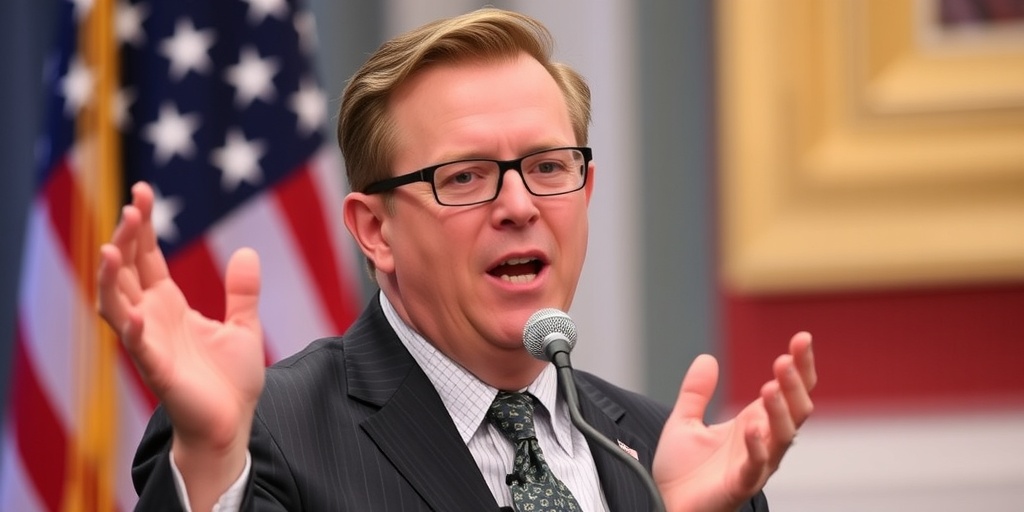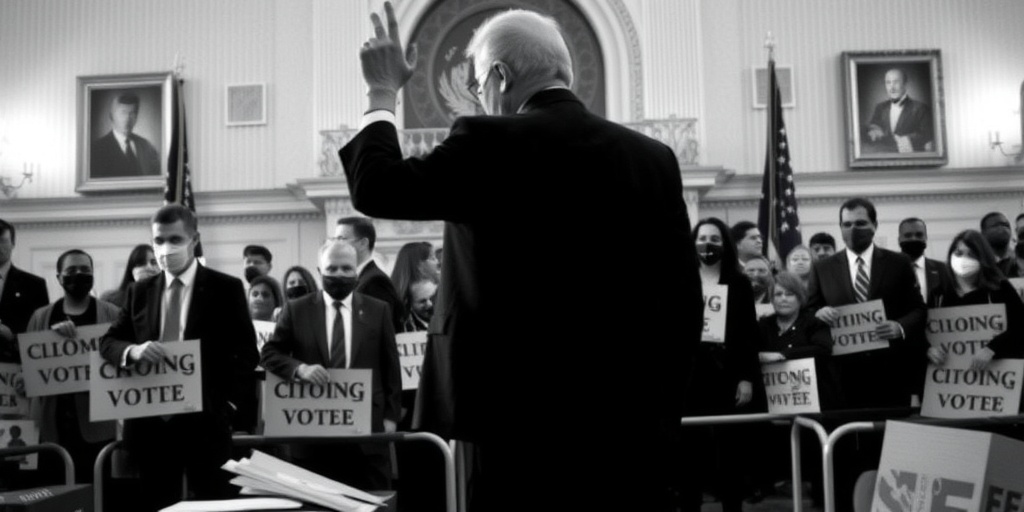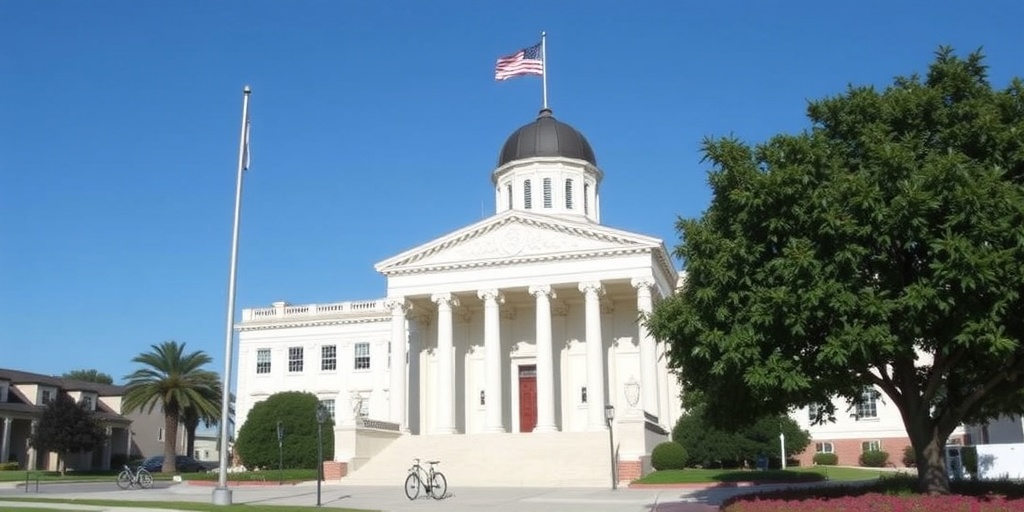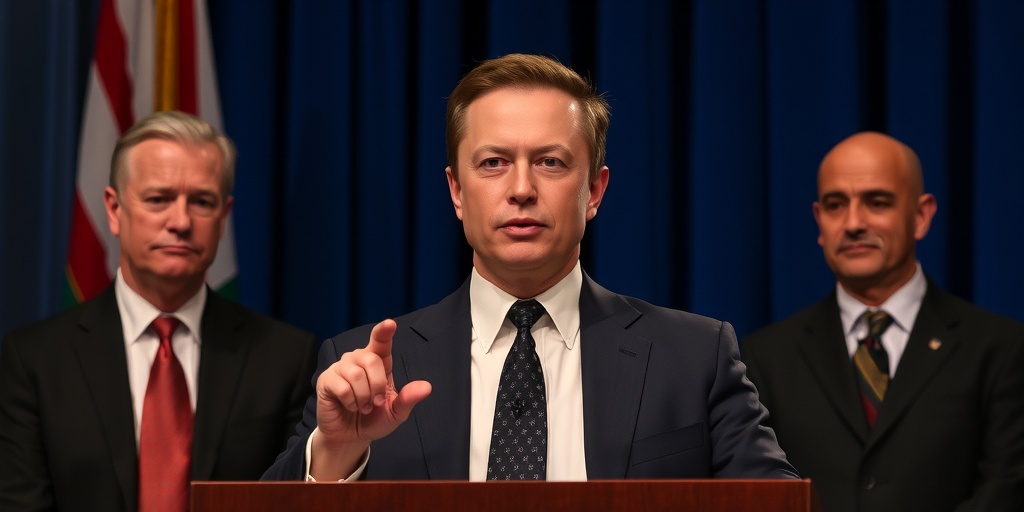Now Reading: Judge Orders Musk and Team to Submit Records and Testify
-
01
Judge Orders Musk and Team to Submit Records and Testify
Judge Orders Musk and Team to Submit Records and Testify
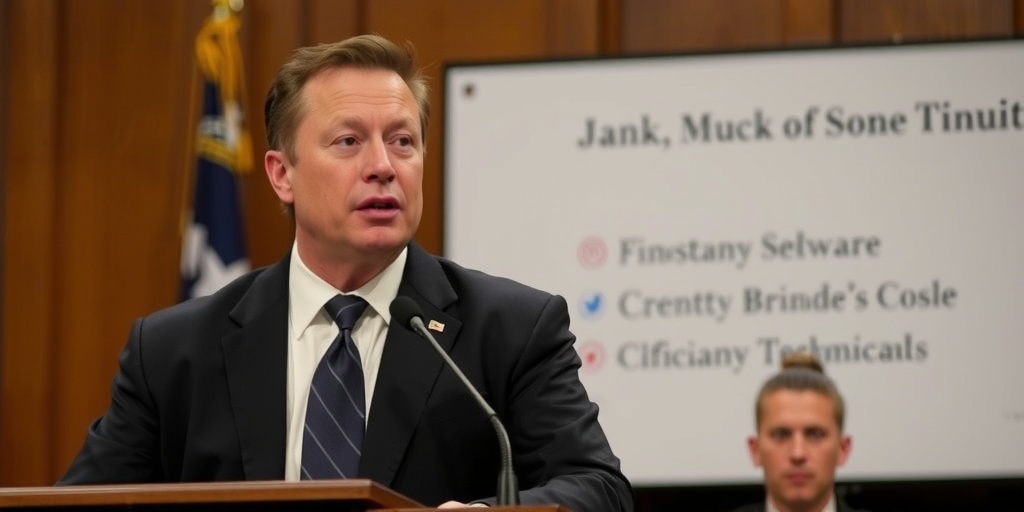
Federal Judge Orders Elon Musk to Provide Documents Regarding Government Efficiency Operations
In a significant legal development, a federal judge in Washington, D.C., has mandated that Elon Musk and participants associated with his newly established Department of Government Efficiency (DOGE) must produce documents and respond to inquiries about their involvement in large-scale firings and the dismantling of government initiatives. Judge Tanya S. Chutkan, of the U.S. District Court for the District of Columbia, ruled on Wednesday that the coalition of 14 Democratic state attorneys general, who are challenging Musk’s authority, have substantiated a strong need for transparency regarding Musk’s operations.
This ruling marks the first instance where a judicial body has compelled Musk’s division to be subject to discovery, a process through which plaintiffs can request evidence and testimony that is relevant to their case. The attorneys general argue that they require additional information to understand the workings of Musk’s team and the extent of its power in enacting controversial policies affecting federal agencies.
In the aftermath of Mr. Musk’s team launching a series of aggressive actions to access federal offices and databases, attorneys aiming to halt these initiatives have found themselves relying heavily on news reports and anecdotal evidence to ascertain the actual activities and influence of Musk’s group. Many federal judges have expressed dissatisfaction over the apparent inability of government attorneys to provide simple yet crucial answers regarding the data accessed by Musk’s associates and the extent of their role in recent downsizing initiatives within the government.
In separate court filings, the government has downplayed Musk’s influence, suggesting that he is not officially recognized as the leader of DOGE. This has led to a muddled understanding of who holds authority within this new division, prompting the judge to acknowledge that there is a pressing need to clarify these issues which are at the core of the plaintiffs’ claims.
The coalition of states had petitioned Judge Chutkan to allow them to investigate Musk’s team further to confirm details about its functions and anticipated actions. They contended that this inquiry is essential to depict the nature and extent of the alleged unconstitutional and unlawful authority that Musk has purportedly wielded thus far.
In her opinion, Judge Chutkan stated, “The requests seek to identify DOGE personnel and the parameters of DOGE’s and Musk’s authority — a question central to Plaintiffs’ claims.” Although the court order was more limited in scope than the states initially sought—specifically, it did not include an order for two members of Musk’s team to be deposed—the judge still required Musk and his office to submit a wide range of information regarding their interactions with federal entities, including employees, contracts, grants, and database access, all within a three-week timeframe.
The recent ruling reflects a growing trend among judges in various cases who are seeking greater clarity regarding Musk’s organization, which has largely operated behind closed doors. This push for transparency follows a series of alarming revelations regarding systemic changes and mass firings that have been carried out in multiple federal agencies, actions believed to have been orchestrated or directly influenced by Musk’s operatives.
On a related note, a California judge ruled on Thursday that one of Musk’s associates, assigned to the Office of Personnel Management (OPM), which oversees federal human resources, must provide testimony regarding his involvement in the mass firings of federal employees. This underscores a broader effort to uncover any potential complicity by Musk’s team in these controversial actions.
Additionally, in a separate case, a judge in Washington has determined that Musk’s office is subject to the Freedom of Information Act (FOIA), requiring it to quickly release records that a public ethics organization had sought through legal means. This ruling further indicates a shifting landscape in which Musk’s operations, particularly those affecting public service and governance, are increasingly scrutinized by judicial authorities.
The implications of these rulings are profound, as they could set a precedent for holding private citizens accountable for their influence over government operations. The unfolding legal battles reflect a critical struggle over the appropriate boundaries of authority in the public sector, particularly when external parties seek to exert pressure on governmental functions. As the case develops, it will be integral to monitor how the information unveiled through these legal proceedings shapes public discourse surrounding government efficiency, oversight, and accountability.
Stay Informed With the Latest & Most Important News
Previous Post
Next Post
-
 01New technology breakthrough has everyone talking right now
01New technology breakthrough has everyone talking right now -
 02Unbelievable life hack everyone needs to try today
02Unbelievable life hack everyone needs to try today -
 03Fascinating discovery found buried deep beneath the ocean
03Fascinating discovery found buried deep beneath the ocean -
 04Man invents genius device that solves everyday problems
04Man invents genius device that solves everyday problems -
 05Shocking discovery that changes what we know forever
05Shocking discovery that changes what we know forever -
 06Internet goes wild over celebrity’s unexpected fashion choice
06Internet goes wild over celebrity’s unexpected fashion choice -
 07Rare animal sighting stuns scientists and wildlife lovers
07Rare animal sighting stuns scientists and wildlife lovers














